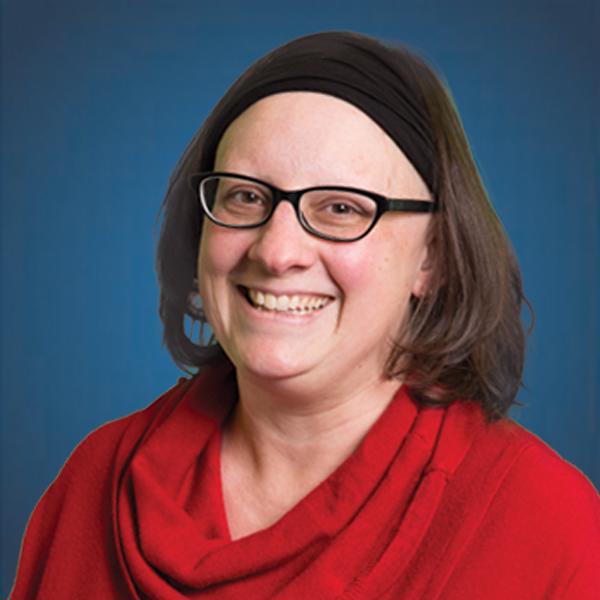Reading for Writers
 “If you don’t have time to read, you don’t have the time (or the tools) to write. Simple as that.” – Stephen King, from On Writing: A Memoir of the Craft
“If you don’t have time to read, you don’t have the time (or the tools) to write. Simple as that.” – Stephen King, from On Writing: A Memoir of the CraftThis advice from a bestselling writer like Stephen King is inspiring. However, choosing what books to read to improve your own writing may seem daunting.
I asked some local writers for their perspectives on reading for writers and their overwhelming consensus was that the particular book isn’t as important as what you get out of it.
Be a Reader First
“If you want to be a writer, you must do two things above all others: read a lot and write a lot.” ― Stephen King, On Writing
“If you don’t know how it feels to be carried away by a book, how can you do that for your readers?” said local writer Donna Casey. “You have to have a sense of how your readers will feel when they read your words, or at least how you want them to feel.”
“Make sure to read in your genre,” said local writer James L. Young. “There are certain tropes or givens that don’t transfer well between, say, sci-fi and Victorian romance. That being said, the human condition has generally been the same since our ancestors were playing poke the Mastodon. Read how other authors depict things like love, loss, hate, and hurting, as these are things that will remain pretty constant across all fiction.”
Read Deep and Wide

When asked for a list of fiction books that she has learned from, local writer Betsy McGuire said, “I have read so much that I perceive the accumulation as like dead leaves producing compost.”
Read widely. A space opera could help you fix a pacing problem in your YA romance, or a minor character in a pulpy paperback page-turner could help you find a new voice for your MC.
Let's assume that we all know how to read a book for pleasure. What do you do differently when studying a book?
“I might go back and forth in a scene and make notes,” said Casey. “I try to figure out why I like or hate a certain character or what components of a scene make it work or not work.”
“The reason I study books now is to write in that particular style,” said McGuire. “I estimate the balance between showing and telling, which will be different in a classic from what is expected now. I ponder theme and extended metaphor, not something I think of spontaneously. And I notice the tone. I have been working on a haunted house novella in the style of Mrs. Braddon. Her pieces frighten, but there are breaks in the atmosphere for humor and just everyday concerns. I think it makes them more acceptable to the reader than stories by Poe and similar writers, where the sustained atmosphere is strong but brittle. If the reader lets herself think ‘What were the servants doing all this time?’ -- It’s all over.”
Read and Discuss
Discussing fiction with other writers can enhance your understanding of the craft. With any book discussion, meeting to talk through your individual reading of the book turns it into a richer shared experience.
When discussing a book with other writers, you may ask:
- How did the author accomplish that? What skills and techniques are they using well?
- Where does this book have examples of dialogue, world-building, character development, plotting?
- What is this author doing well or differently in this book?
- What would I have done differently in this story and why?
- What did this author leave out, and is the story just as powerful as if they had spelled out every detail?
- How do they use their words to get me feeling, knowing, thinking and wondering about things?
“I think it helps to get a different perspective,” said Casey. “They may have insights that never occurred to you. I like to hear how others would approach a scene or plot point and why they feel something works well or doesn’t.”
“There are things I can’t do yet,” said McGuire. “Discussing fiction helps me see them done well. It also lets me decide whether they are worth taking the trouble to do in my own work. For instance, I can see why Wuthering Heights benefits from its tale within a tale treatment. The narrator is a would-be Byron, the protagonist is the real horrible thing. Heathcliff is such a monster and the entire world presented is so repellent, that a straightforward presentation of the events would blast the reader. It is a great work. But I can’t see myself attempting such a subject or needing so much oven mitt to touch it.”
In 2013, when our library asked the community to read The Great Gatsby, my writers, group met to discuss the book “as writers.” At the time, we didn’t realize we were forming a book club. But five years later, we have met several times a year and discussed a wide variety of titles “as writers.” We push ourselves to read outside of our normal tastes and choose books to study for certain techniques, like point of view, dialogue, plot or a particular genre. Instead of peer-critiquing each other's writing, we come together to learn from an established writer.
If you aren’t part of a writers’ book discussion group, you may want to consider joining or creating one. Use the library's Book Group in a Bag kits to help you get started, or attend a library sponsored book group and bring your perspective as a writer to the general discussion.













